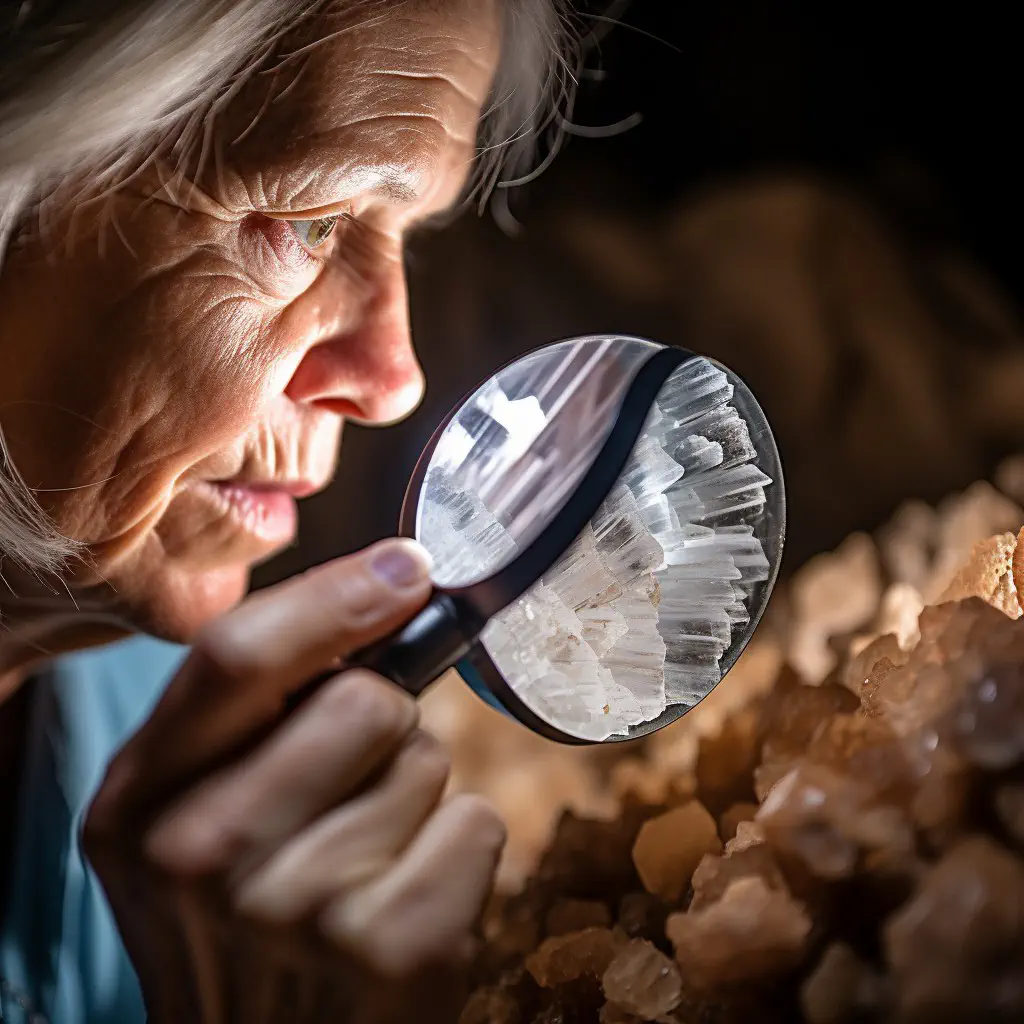
Introduction
Curiosity is often associated with children, but its importance extends far beyond childhood. In fact, being a curious person can lead to unexpected advantages in life. This article will explore the surprising benefits of being a curious person and how you can cultivate curiosity in your own life.
As human beings, we naturally seek out new information and experiences. This innate curiosity drives us to explore the world around us and to learn about our surroundings. However, many of us lose this sense of curiosity as we get older, becoming complacent and settling into comfortable routines.
By embracing your curious side, you can unlock a world of possibilities and reap the rewards of being a naturally inquisitive person. From improved cognitive functioning to enhanced learning capabilities, the benefits of being a curious person are far-reaching and long-lasting.
So, if you’re ready to tap into your inner curiosity and experience the benefits that await, keep reading to learn more.
The Benefits of Being Curious
Curiosity has numerous benefits that go beyond just satisfying one’s thirst for knowledge. In this section, we explore the various advantages of being a curious person.
Improved Cognitive Functioning
Research shows that curiosity can stimulate cognitive functioning and memory recall. When individuals actively seek out new information, their brains create new neural connections, which enhances mental agility and reduces cognitive decline. In fact, studies suggest that curiosity might even delay the onset of neurodegenerative diseases like Alzheimer’s.
Increased Creativity
Curiosity is strongly linked to creativity. When individuals are curious, they are more likely to explore different perspectives and experiment with new ideas, leading to unique and innovative solutions. Curiosity also helps individuals overcome mental blocks and think outside the box.
Better Problem-Solving Abilities
Curiosity can also help individuals solve problems more effectively. Because curiosity encourages individuals to ask questions and explore different solutions, they are more likely to find creative and effective ways to overcome challenges.
Enhanced Learning Capabilities
Curiosity promotes a desire for knowledge and understanding. When individuals are curious, they are more motivated to learn and absorb new information. As a result, they are more likely to retain information and apply it to real-world situations.
Overall, curiosity can enhance cognitive functioning, creativity, problem-solving abilities, and learning capabilities, putting curious individuals at an advantage in various aspects of their lives.
Curiosity and Personal Development
Curiosity does not only bring cognitive benefits, it also has a significant impact on personal growth. In this section, we will explore the ways in which curiosity contributes to empathy, relationships, and personal transformation.
Increased Empathy
The curious individual is constantly seeking to understand the perspective of others. By embracing the unknown and unfamiliar, they develop a sense of empathy towards those who are different from them. Curiosity allows us to open up to new ideas and experiences. This flexibility in our thinking helps us to empathize with others, even if their views and experiences are far from our own.
More Fulfilling Relationships
Curios individuals bring energy and excitement to their relationships. Their openness to learn about their partner’s interests and experiences can lead to a deeper understanding and appreciation of each other. When we seek to understand the other person’s perspective, it can lead to greater intimacy and a more fulfilling relationship.
Greater Personal Growth
Curiosity encourages us to step outside our comfort zones and challenge ourselves. It is through this process that we can experience growth and transformation. By asking questions and embracing new experiences, we can expand our horizons, become more adaptable, and develop a deeper sense of self-awareness. Ultimately this can lead to a more fulfilling life.
Ways to Cultivate Curiosity
Now that we have explored the benefits of curiosity in personal development, let’s look at ways to cultivate curiosity.
Practice Active Listening
Active listening is an essential skill that cultivates curiosity. When we truly listen to others, we can better understand their perspectives and experiences. This can help bring new insights and ideas, leading to a deeper sense of curiosity and wonder.
Embrace New Experiences
Curiosity thrives on novelty. By embracing new experiences, we can ignite our natural curiosity. Traveling to a new country, trying a new cuisine, or attending a cultural event are all experiences that can foster curiosity.
Ask Questions
Asking questions is a key way to satisfy our curiosity. By asking open-ended questions, we can gather more information and gain a deeper understanding of a topic. It is essential to avoid assumptions and instead seek to understand others’ perspectives and experiences.
Keep an Open Mind
An open mind is crucial in cultivating curiosity. When we remain open to new ideas and experiences, we open ourselves up to a world of possibilities. By suspending judgment, we can approach situations with a sense of curiosity, leading to growth and fulfillment.
Conclusion
In conclusion, curiosity plays a vital role in personal development. It cultivates empathy, fosters intimacy in relationships, and leads to personal growth. By practicing active listening, embracing new experiences, asking questions, and keeping an open mind, we can harness our natural curiosity to lead more fulfilling lives. So, let’s embrace our curious nature and live life to the fullest.
Ways to Cultivate Curiosity
Here are some practical tips for developing and nurturing your innate curiosity:
Practice Active Listening
To be curious about the world around you, you need to be an active listener. Make sure you’re fully engaged in conversations and take the time to listen to what others have to say. Try to avoid interrupting people or jumping to conclusions before you’ve heard them out.
Embrace New Experiences
One of the easiest ways to cultivate curiosity is to expose yourself to new experiences. Whether it’s trying a new cuisine or visiting a new city, exposing yourself to fresh perspectives opens up your mind and fosters a sense of wonderment.
Ask Questions
Being curious requires asking questions that are open-ended and encourage exploration. The next time you’re chatting with someone, try to ask questions that go beyond basic small talk. Enquire about their passions, their beliefs, and their interests. You might be surprised at what you learn.
Keep an Open Mind
Curiosity requires an open-minded approach. Try to approach every situation with a fresh perspective, and let go of any preconceived notions or biases. Adopting a “beginner’s mind” can help foster curiosity and encourage you to see things in a new light.
By actively practicing these tips, you can develop and cultivate your natural curiosity, leading to a more fulfilled and adventurous life.
Conclusion
Curiosity is a powerful force that can unlock numerous benefits in both personal and professional life. By being a curious person, one can improve cognitive functioning, inspire creativity, develop better problem-solving abilities, and enhance learning capabilities. Moreover, curiosity can lead to personal development by increasing empathy, fostering more fulfilling relationships, and facilitating personal growth.
To cultivate curiosity, one can practice active listening, embrace new experiences, ask questions, and keep an open mind. By doing so, individuals can unleash their inner curiosity and experience the endless possibilities that come with it.
In conclusion, embracing curiosity can yield a lifetime of benefits. As Albert Einstein once said, “I have no special talents. I am only passionately curious.” So, go ahead, be curious, and see where it takes you.

